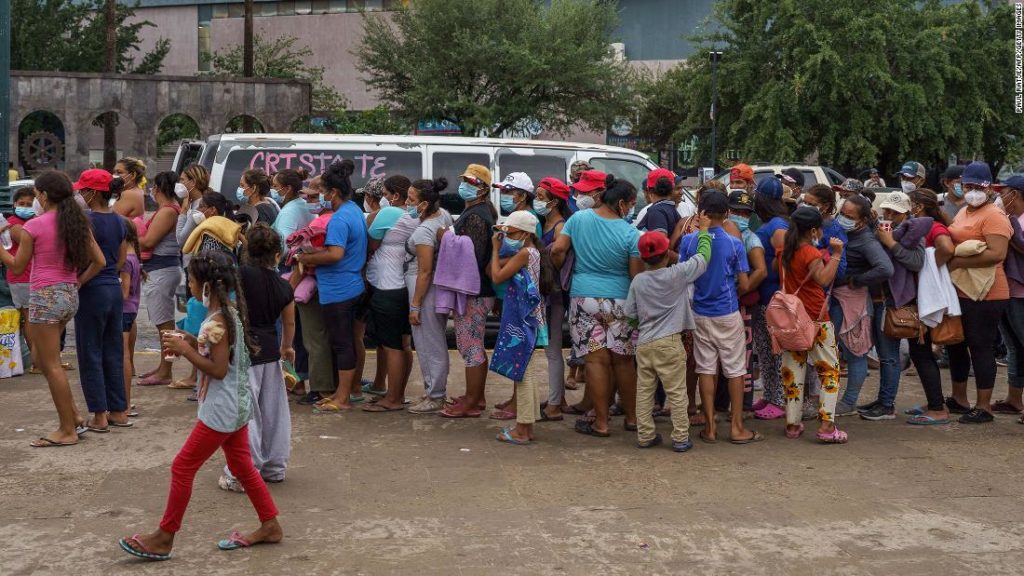“The evidence tells us if you want to change the narrative, it has to come from people’s trusted networks. That’s the bottom line,” said Andrew Selee, president of the Migration Policy Institute. “I can understand wanting to do anything to change the narrative, change the balance of people leaving, but this seems to be a stretch.”
Radio is the medium most people outside of big cities use, Selee noted, but messages are less likely to resonate if not delivered by people they know, like religious leaders or public figures who are respected in the region.
A State Department spokesperson said the increase in ads per month is “not due to a ramp-up, but because of radio stations’ pricing for packages.”
“The State Department’s campaign to deter irregular migration includes digital advertisements across multiple platforms, radio plays, creative content management, measurement and evaluation, and contract labor resources,” the spokesperson added.
The total cost is about $600,000 a month.
The ads — running in El Salvador, Guatemala and Honduras — are in Spanish and five indigenous languages. In an ad currently running in Honduras that was shared with CNN, a man and woman discuss their hopes for the future. The man expresses a desire to go to the US to make enough money to support his parents and children. The woman concurs, but says she wants to achieve that in their country.
“But why do you want to stay here? Don’t you think that you’d be more successful if you left?” the man says in Spanish.
“Before, I dreamed of going to the United States. But here, I have my family and the opportunity to do something for my community,” the woman replies, stressing that they have to fight for their dreams and work to better the country.
“My dream was American. But now, it’s Honduran,” she concludes. The narrator then signs off, saying the roughly 40-second ad is from the US government.
You may also like
-
Afghanistan: Civilian casualties hit record high amid US withdrawal, UN says
-
How Taiwan is trying to defend against a cyber ‘World War III’
-
Pandemic travel news this week: Quarantine escapes and airplane disguises
-
Why would anyone trust Brexit Britain again?
-
Black fungus: A second crisis is killing survivors of India’s worst Covid wave

